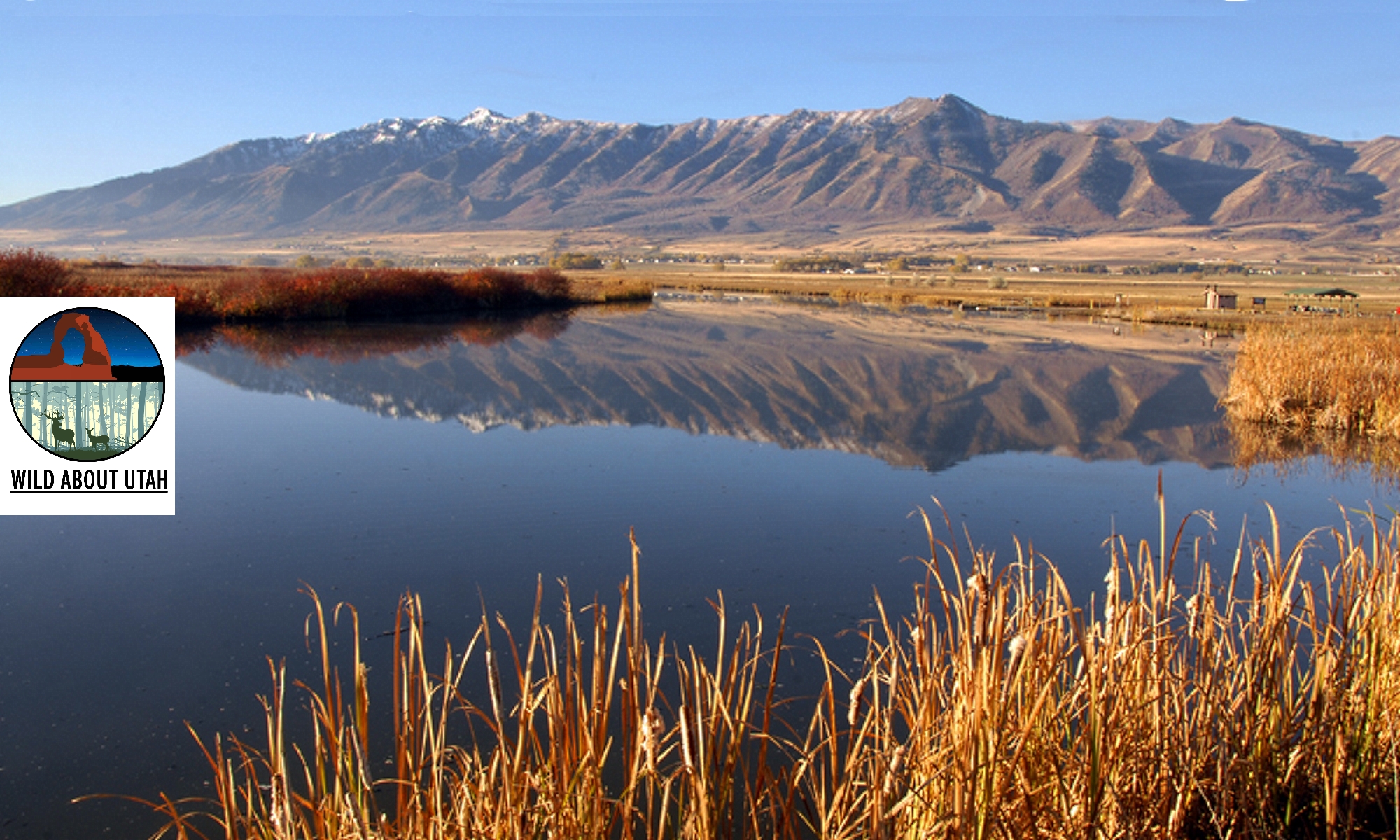
Copyright Jim Cane
It’s early spring, the time of fruit tree bloom. Apricots, apples, plums, cherries, and pears will all need bees to pollinate their flowers. Traditionally, we’ve used the European honey bee, but now we know how to pollinate our fruit trees using one of our native bees, the blue orchard bee (Osmia lignaria). These bees fly nationwide.
In Utah they occupy many foothill and lower montane habitats. They aren’t social; every female is fertile and tends to her own tiny nest. Adults are active and nesting for only 3-4 weeks in the spring. These bees naturally nest in the tunnels chewed by large wood-boring beetles in tree trunks. Each female partitions the tunnel into a series of little bee-sized rooms. Each room is stocked with a bee-sized provision of pollen moistened with nectar, followed by a single egg. Nest cells are partitioned, and ultimately capped, with mud, a trait shared with other so-called “mason bees”.

5 to 6 inches deep
Copyright Jim Cane
You can have your own backyard population of blue orchard bees. One easy way to start is with a short fat log that is seasoned and dry. Take a 5/16 bit and drill 20 or more holes 5 to 6 inches deep. Stand the log on end, facing the holes towards the southeast.
On cold mornings, females bask in the sun before taking flight. If your log is colonized, then you’ll see steely blue bees busily coming and going all day long during fruit tree bloom. They tote their loads of dry yellow pollen in a brush of hair beneath the abdomen. Unloading that pollen at the nest necessitates some charming acrobatics, part of their undeniable entertainment value. Successive generations will nest for you every spring, but you’ll want to switch to better nesting materials to practice good bee hygiene.

Copyright Jim Cane
Details and links can be found at our Wild About Utah website.
This is Linda Kervin for Bridgerland Audubon Society.
Credits:
Pictures: Courtesy and Copyright Jim Cane
Text: Jim Cane, Bridgerland Audubon Society
Additional Reading:
https://www.sare.org/publications/bob.htm
https://www.ars.usda.gov/Research/docs.htm?docid=18333
https://www.pollinatorparadise.com/Binderboards
/Hornfaced_Bees.htm

on pollen provision mass
in nest
Copyright Jim Cane
